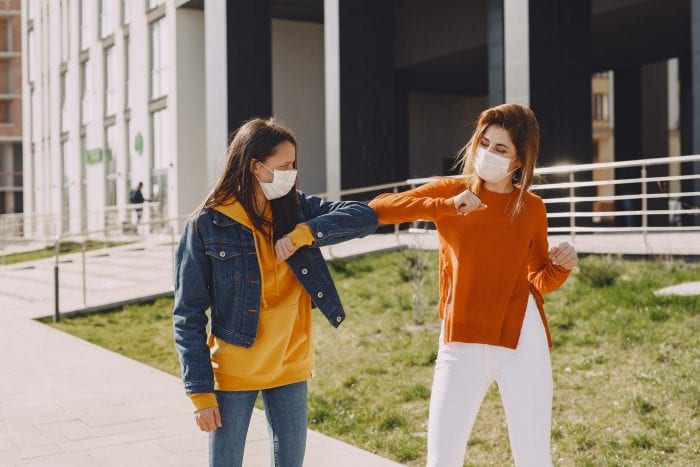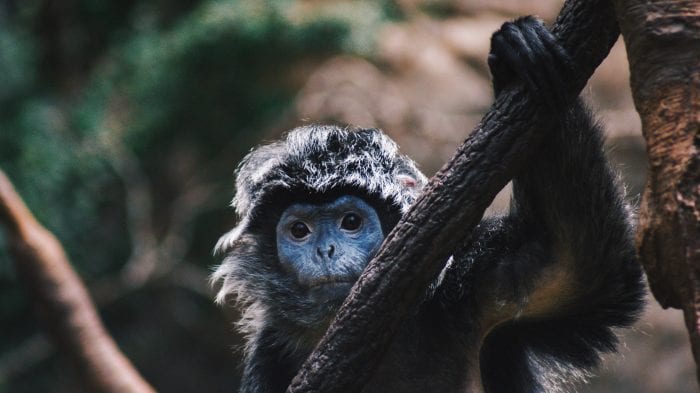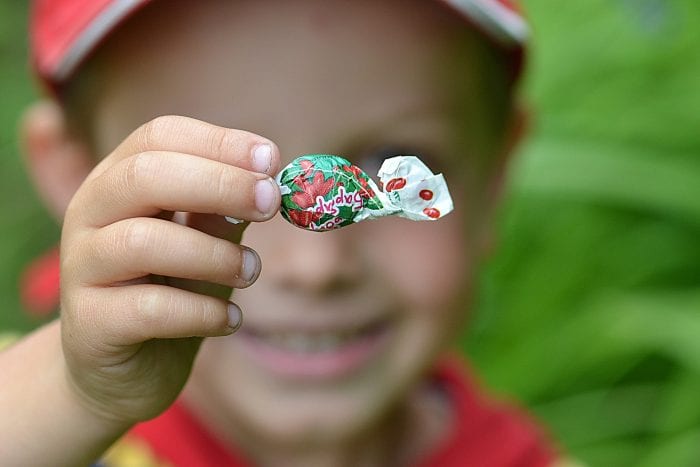By Daniel Dunaief

I have a surprising amount of “found time” these days.
I still have numerous responsibilities and deadlines, but the time between activities, when I’m walking and talking with my wife, when I’m driving to the supermarket or when I’m preparing dinner, my mind is free of the pattern it had developed over the course of the last four years.
No, I wasn’t training for the Olympics and no, I wasn’t preparing a machine to land on the Red Planet. I was, like so many other people, living my life and reading the headlines.
More often than not, the 45th president of the United States consumed the news cycle. Periodically, I wrote about him, but, for the most part, despite reading and reacting to the things other people wrote, I recognized that few ideas or thoughts I had were original or even worth printing.
Yet, I found myself reading and reacting with friends and family, pondering whether he was setting new presidential precedents.
While my body hasn’t gone on any distant vacations, except for a relaxing ski weekend, my mind suddenly has more time. Indeed, even when there are headlines about Supreme Court decisions related to the former president, I glance at a few sentences and move on to other things.
So what am I doing with all this found time? In no particular order, here are a few ways I have reengaged my mind:
■ I’m reading more books. I have had Walter Isaacson’s biography of Ben Franklin next to my bed for a while. I’m now parsing through it more closely, enjoying the reality of an iconic American, learning about his love for travel and his well-known sense of self worth.
■ I’m thinking about Mars. At first, of course, I couldn’t help wondering how Marvin the Martian from the Bugs Bunny era might react to the Perseverance rover landing next to his home. On a more serious note, I enjoyed the absolutely giddy scene at the Jet Propulsion Laboratory, where scientists and engineers have been working tirelessly for years for this moment and where they saw and heard sights and sounds from Mars that bring us all closer to the planet’s surface.
■ I’m noticing the lighting around our neighborhood. As we approach spring, the colors of the light have changed, turning ordinary homes into glowing domiciles. If I were selling some of the houses around me, I would take pictures of them during the sunrise and sunset, showing prospective buyers these residences when they are glowing.
■ I’m becoming preoccupied with sports again. I am following the Brooklyn Nets more closely and, more directly, am excited for the days and weeks ahead when my son might play baseball. In his last year of high school, he has an opportunity to play for his school and himself, if the school and the league are able to get through an entire season during the pandemic.
■ I’m marveling, in a distant and impersonal way, at the turnabout in press coverage. CNN, The New York Times and The Washington Post have toned down their Washington criticism, while the New York Post and Fox News seem intent to point out all the flaws and dangers of the new administration. The teeter-totter has tilted in the other direction now, with the New York Post attacking White House Press Secretary Jen Psaki with some of the same concerns that the more liberal papers attacked the previous press secretary.
■ Lastly, I’m listening to everything around me better. The children playing down the street and the returning birds calling to each other in the trees have captured my attention.















